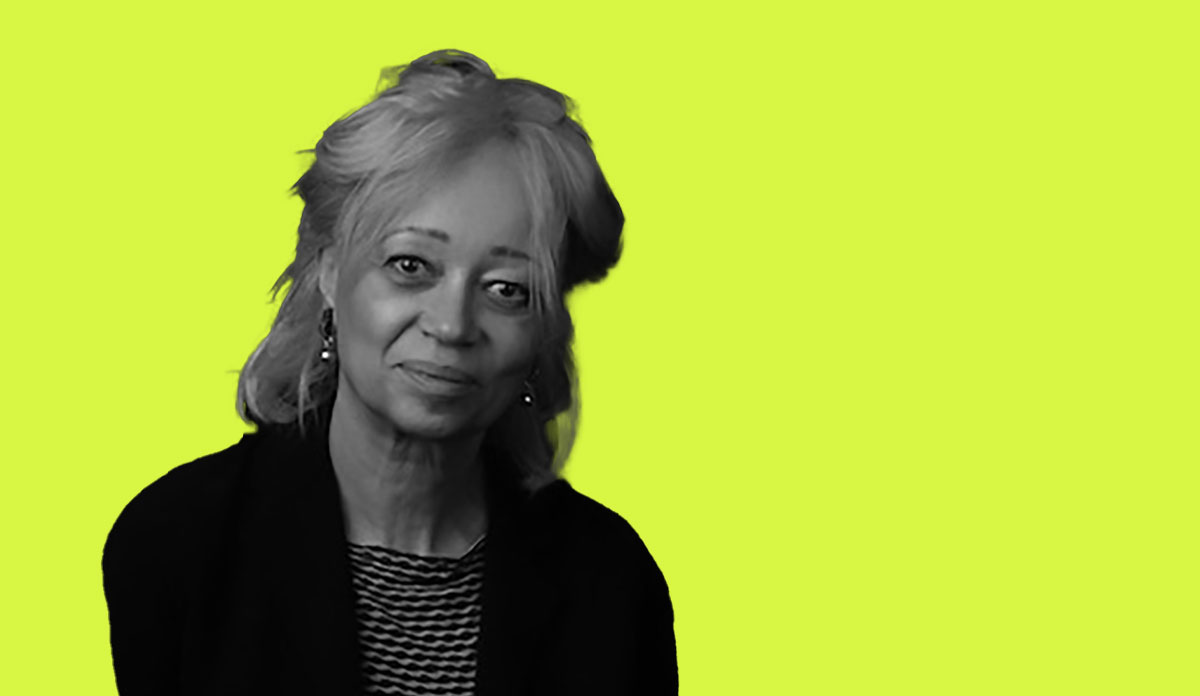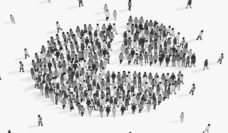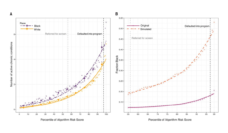Public Health Post: Racism is so deeply embedded in our society’s structure it can seem like an enormous and daunting thing to dismantle. Where do you think policymakers and lawmakers should even begin to tackle this systemic issue?
Pat Williams: So much of this begins with how embedded “us” vs. “them” is in our language. That’s a deep problem of the pervasiveness and the unconsciousness of the “ism” problem.
The pandemic has also left us with a bewilderment of intersecting problems and is underscored by the response to what ought to be a general human catastrophe. The human response to the catastrophe is that we all gather, we shelter, and we find things that we can share. But instead the general response was we acted like we were on the Titanic. Three people at the top will get in the lifeboat and everybody else better swim and hang on to the iceberg. It was astonishing to see how quickly we fell into hierarchies and cast aspersions at one another.
So this is partly about racism, but it’s also partly about a hyper-individualized economic structure, in which race is but one layer.
How does the law contribute to our social constructs of race?
There are some very tangible constructs that are built into the history of geographical segregation, such as the location of hospitals and access to water systems. This history of segregated public health infrastructure—from which certain populations suffer—exists to this day.
We also have medical experimentation and assumptions about Black bodies. There are traces of this belief in Black embodiment as being different. These traces are carried forward into the machines and measuring devices we use, which in turn gets transferred into statistics about different rates of untreated illness. This erupts in categorizations like, “Well, certain bodies are more prone to certain diseases,” when, in fact, they simply have been misdiagnosed.
Some of this is coming to the fore in terms of genetic assortments. 23andMe, for example, uses racial rather than continental or population-wide assignments. That’s a field brewing for misuse, because it’s re-biologizing and using social categories of race.
The law touches each of us every day, but can feel far removed in terms of our ability to change it. What are ways individuals and communities can be more involved to influence the way law is made and implemented?
Quite frankly, I don’t know whether to be encouraged or discouraged by the numbers of protests and the attention that has come from the #MeToo movement, to #BlackLivesMatter, to the work about anti-Asian hate in the wake of the Atlanta murders. All the focus and energy of discussion is combined into protest movements. How can one really open up the discussions that ought to make our voices heard, well before it gets to the point where it’s explosive and reactive?
The very mention of race makes some people feel as though they’re under attack, or that there’s blame to be cast. I hope we can get past that. This is not about individual hurt feelings. This is about all of us talking about the systemic imbalances which, as citizens, we have it in our power to correct.
Photo courtesy of Patricia Williams














